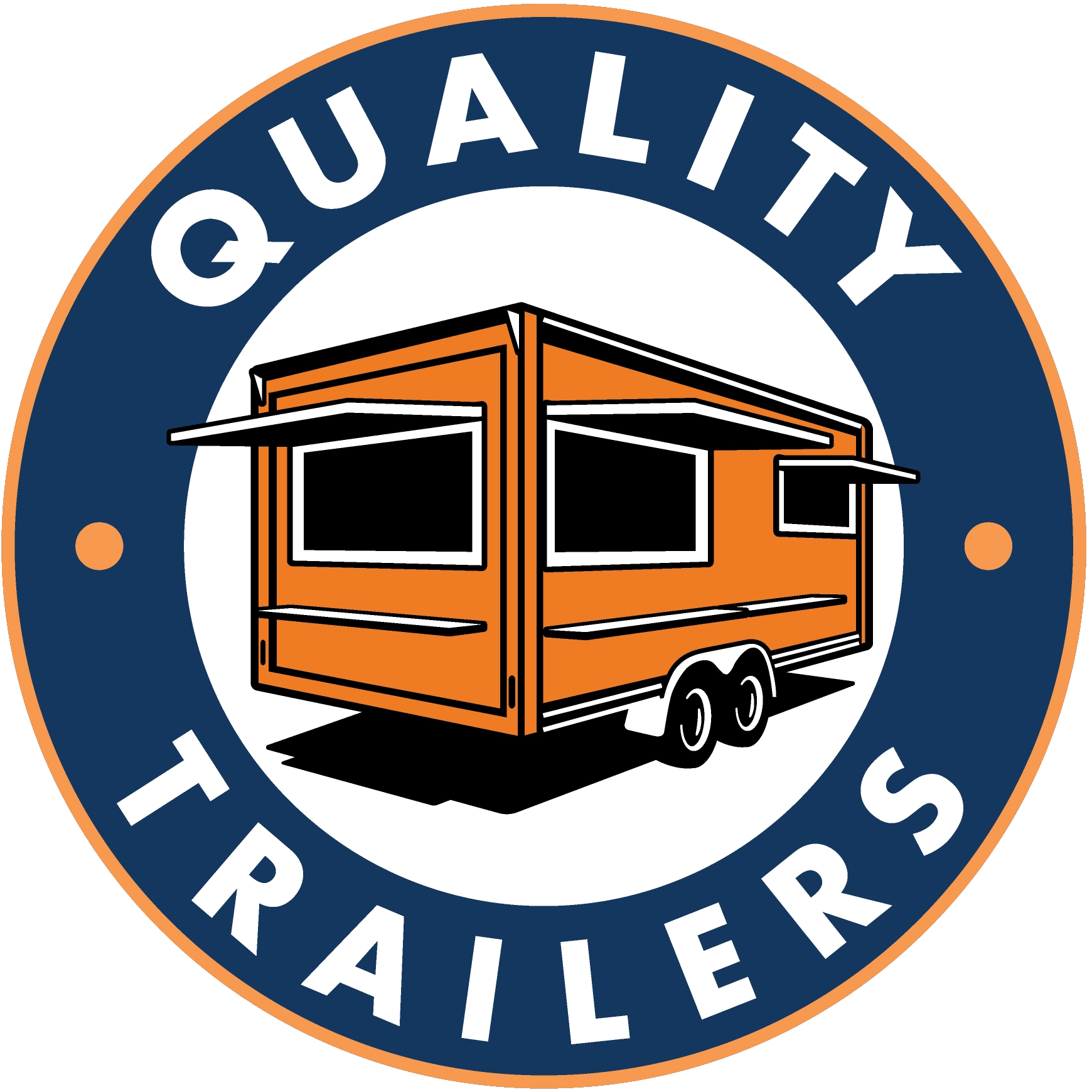How to Start a Food Business with a Custom Food Trailer
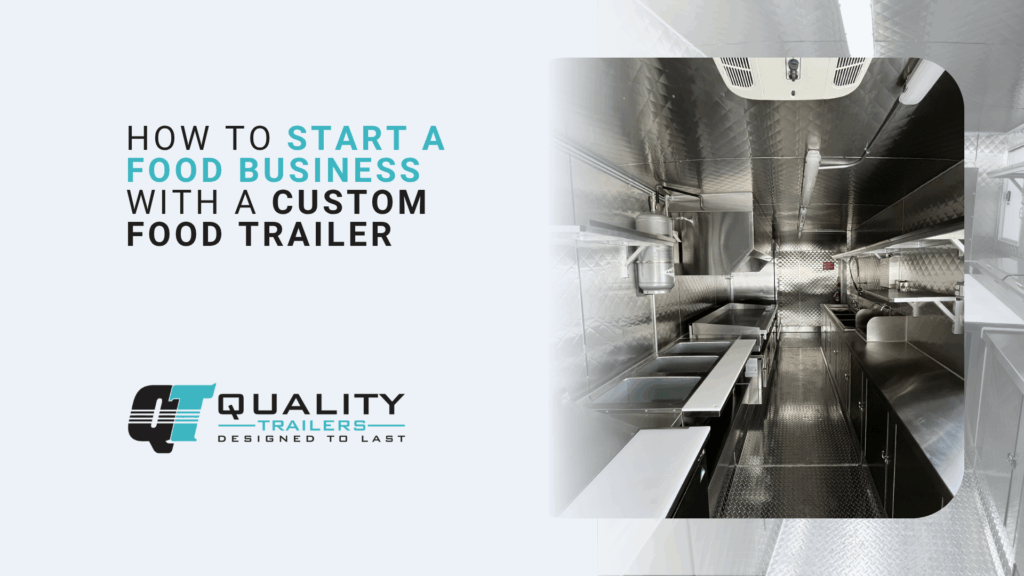
Starting a mobile food business represents one of the most exciting entrepreneurial opportunities in today’s culinary landscape. With lower startup costs than traditional restaurants and the flexibility to serve customers at various locations, food trailers have become the preferred choice for aspiring restaurateurs and experienced chefs alike. The journey from concept to serving your first […]
15 Things to Know Before Buying a Mobile Food Truck
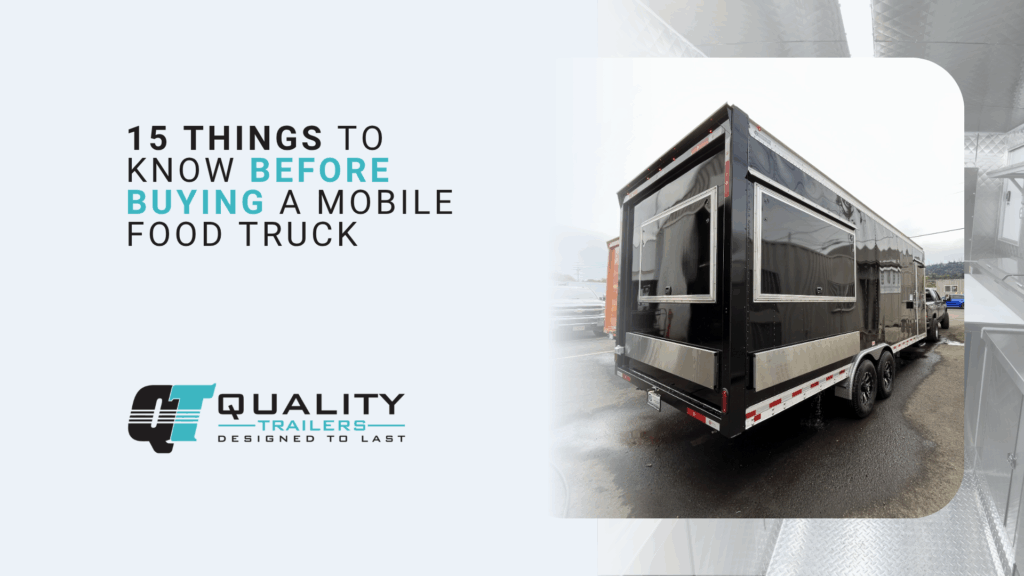
Purchasing a mobile food truck represents a significant investment in your culinary business dreams. With the food truck industry continuing its explosive growth, more entrepreneurs are exploring this exciting venture. However, before you sign on the dotted line, understanding crucial factors about mobile food trucks can mean the difference between success and costly mistakes. This […]
How to Start a Mobile Food Trailer Business from Scratch
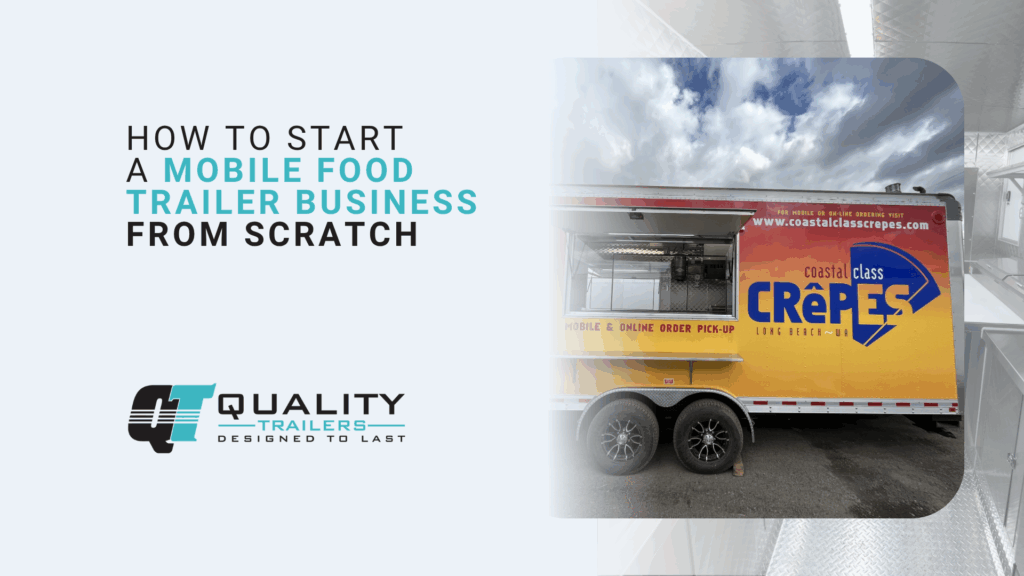
Starting a mobile food trailer business represents one of the most exciting opportunities in today’s culinary landscape. With lower overhead costs compared to traditional restaurants and the flexibility to reach customers wherever they gather, food trailers have become increasingly popular among aspiring entrepreneurs. This comprehensive guide will walk you through every essential step needed to […]
How to Choose the Right Food Trailer for Your Business Needs
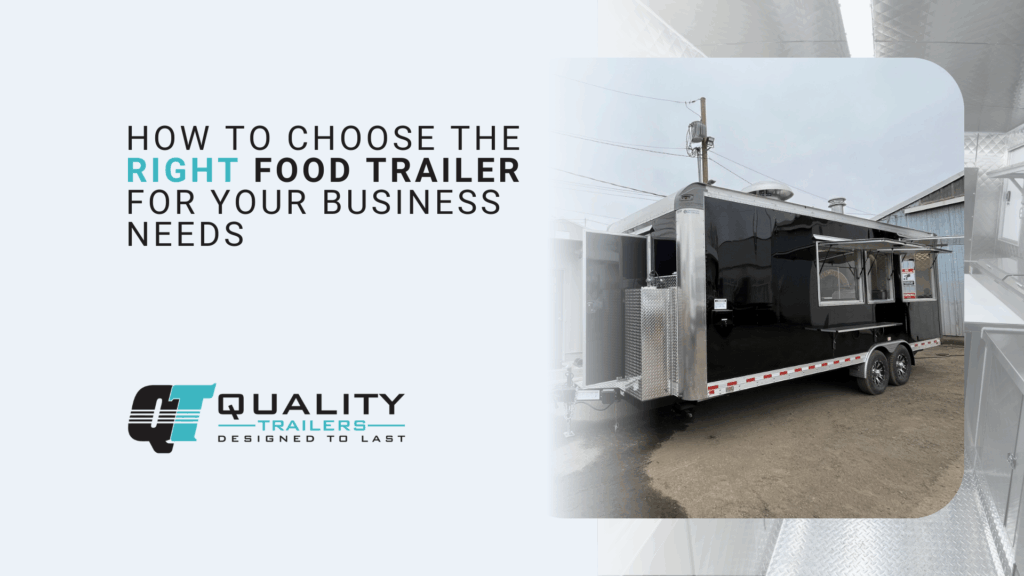
In today’s competitive food industry, entrepreneurs are constantly seeking innovative ways to bring their culinary creations to the masses. Building quality trailers has become an art form that successful mobile food businesses rely on for their operations. Quality food trailers offer a versatile and cost-effective solution for aspiring food business owners looking to enter the […]
Quality Trailers Inc. Sets the Standard for Safety and Innovation in Food Trailers
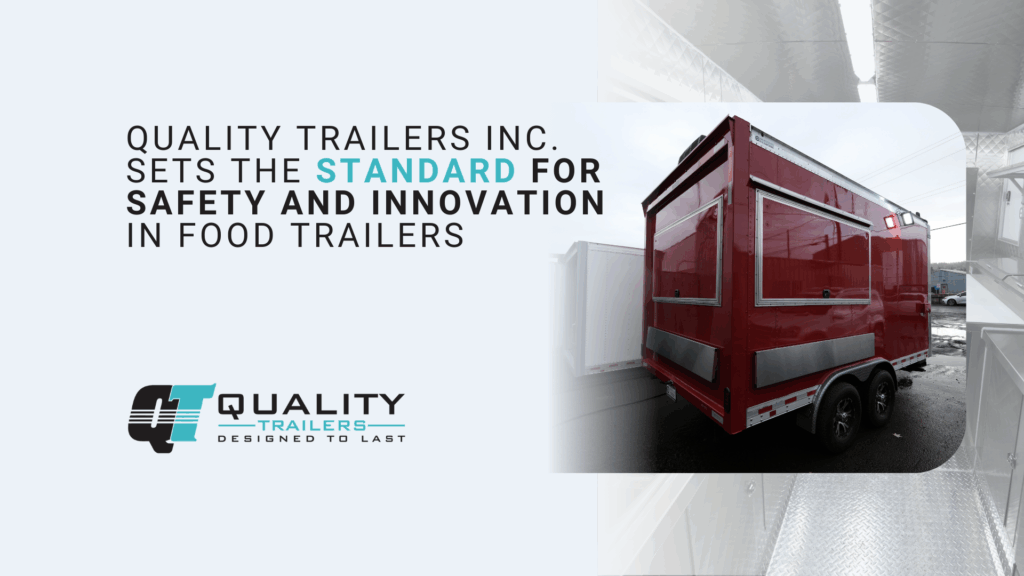
We’re thrilled to announce that Quality Trailers Inc. has been featured in Amerex Corporation’s Spring 2025 edition of “Inside the Diamond” magazine. This recognition highlights our unwavering dedication to excellence in the food trailer industry and our commitment to safety standards that protect our customers’ investments and livelihoods. Being showcased on the cover and in […]
Building Quality Trailers That Create Profitable Food Businesses
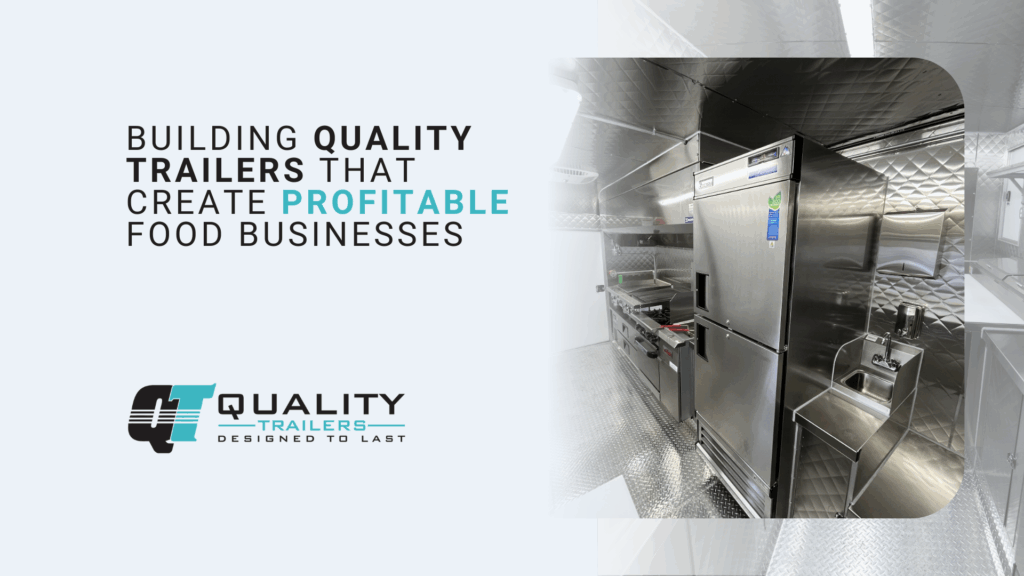
Starting a mobile food business requires careful planning, creativity, and most importantly, the right equipment. A quality food trailer built to your specifications serves as the foundation for successful food entrepreneurs across the country. These custom built mobile kitchens provide the perfect balance of functionality, mobility, and brand presence that can help transform culinary dreams […]
How to Open a Food Cart in Portland

Our good friends at Multnomah County Environmental Health wrote up the following article for you, our readers, eaters and potential food cart owners. A big thanks to them for putting this together. Whether they serve tacos, sandwiches, chicken, donuts or soup, all of the unique food carts in Portland started the same way; a creative idea, hard work and […]
